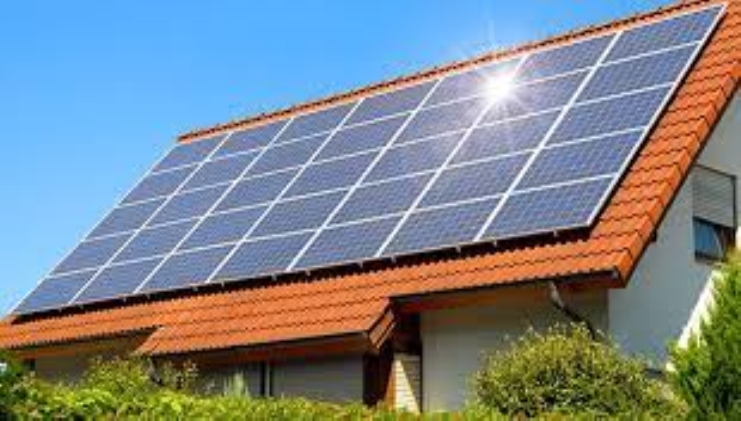We all know the many benefits of switching to solar to help power our homes, but it’s not necessarily every home in every part of the world that would benefit from solar panels, and of course, not everyone can afford the investment.
If you’re torn between spending your hard earned money on an investment that might not pay dividends for a few years, and sticking to the grid for your power needs, the following information might help you make a more informed decision:
Firstly, determine what your current energy needs are
It’s important to note that electricity is measured in terms of kilowatt-hours, or kWh, and the average household may use about 10,649 kWh per year. One solar panel might produce about 550 kWh per year, meaning that your home would probably need around 19 or 20 panels to produce all the electricity needed by your family every year.
Then, look at the size and structure of your roof
Some roofs are not able to accommodate 19 or 20 panels, and this can be because of its size as well as other factors, such as dormers, skylights and vents. If you’re not sure whether your roof is big enough for the solar array required to power your home successfully, schedule a consultation with a local solar panel installer.
Consider how much sun the panels would be exposed to
While the size and structure of the roof is an important consideration to make when contemplating having a solar system installed, you will also need to look at how much exposure to the sun it gets. Are there any overhanging tree branches blocking the light, or buildings that leave the roof in the shade for hours every day? Naturally, the more sun your panels are exposed to, the more solar power you’ll be able to use.
Finally, think carefully about your budget
Varying in price according to their overall efficiency and longevity, the more efficient a solar panel is, the more sunlight it will convert to usable energy, and the longer its lifespan, the higher its price. Think carefully about whether you can afford to invest in solar panels, and if you can, which options might be within your price range. Again, a conversation with a local solar panel provider might help you when budgeting.
Once you’ve thought long and hard about the points above, it might be worth going over the advantages of solar power again, to reaffirm your decision to make the switch, here are just some of them:
- solar panels pay for themselves after around 7 to 10 years
- solar panels can increase property values by up to 4%
- you might be eligible for tax credits after investing in solar power
- using solar power means less pollution, helping to protect the environment and reducing your carbon footprint
- solar panel installation and recycling are both labor-intensive industries; by investing in solar, you can help create jobs and stimulate the economy
For the majority of homeowners, solar panels are a fantastic investment, but since they do require a significant chunk of money upfront, the decision to make the switch to solar, warrants careful consideration.

